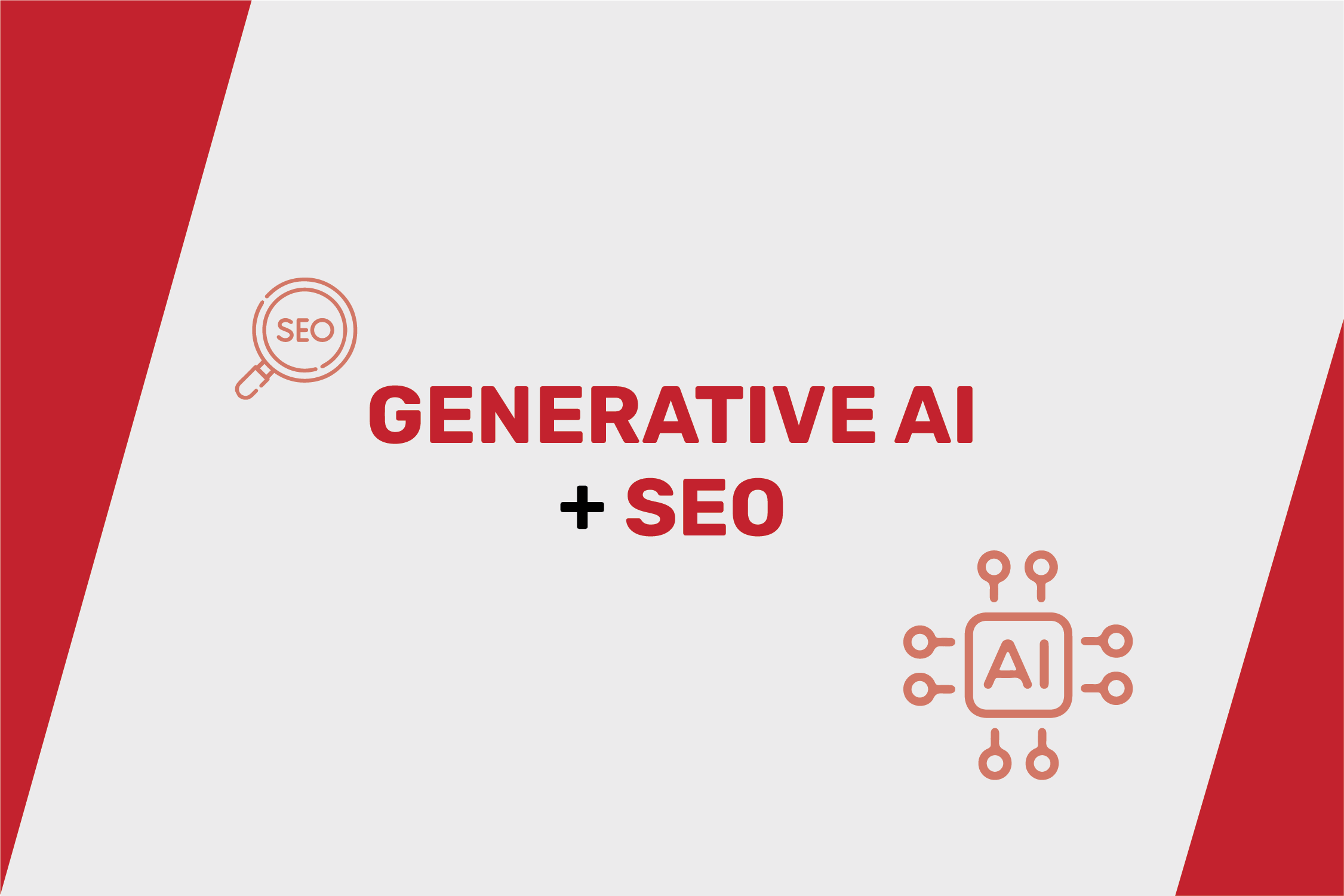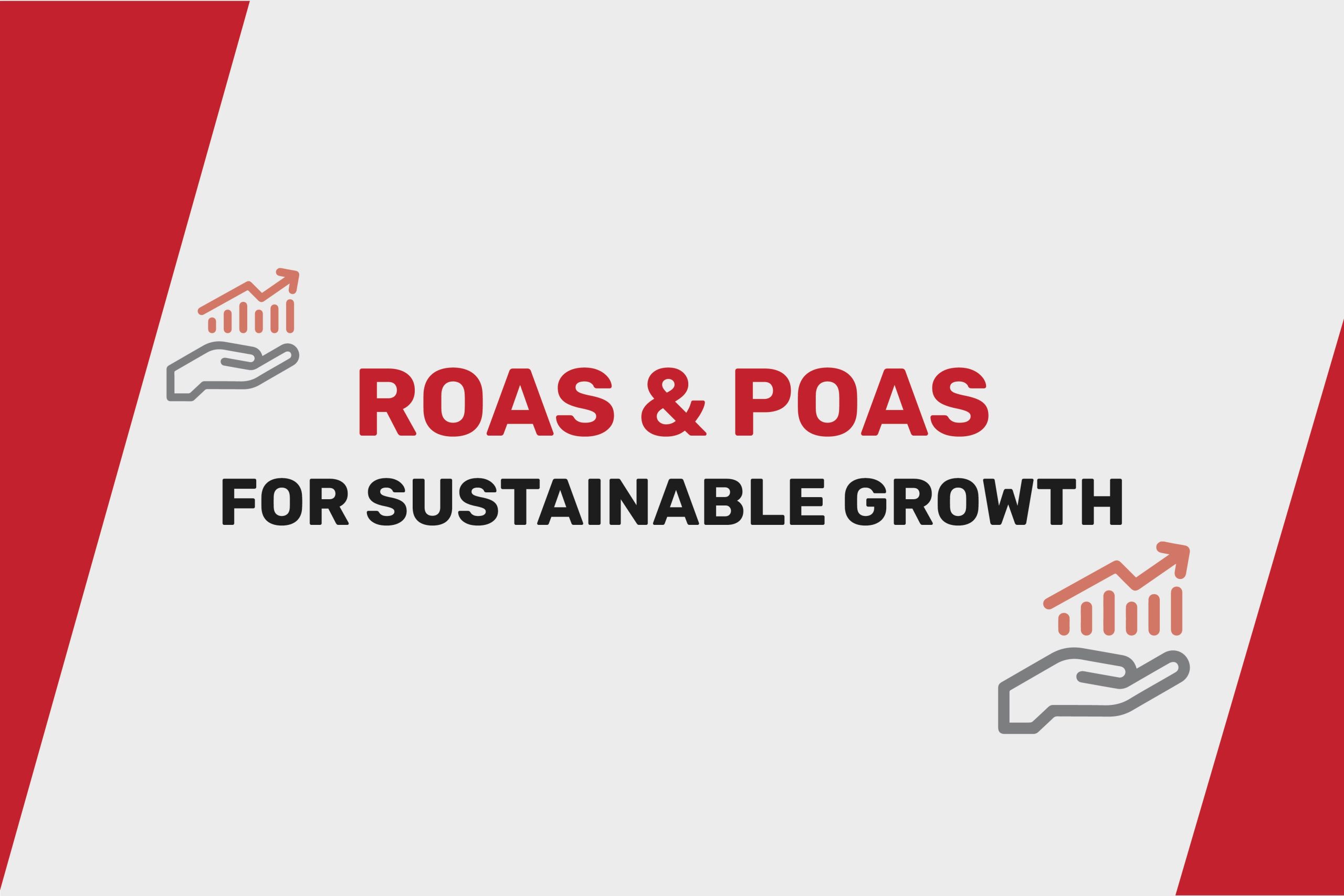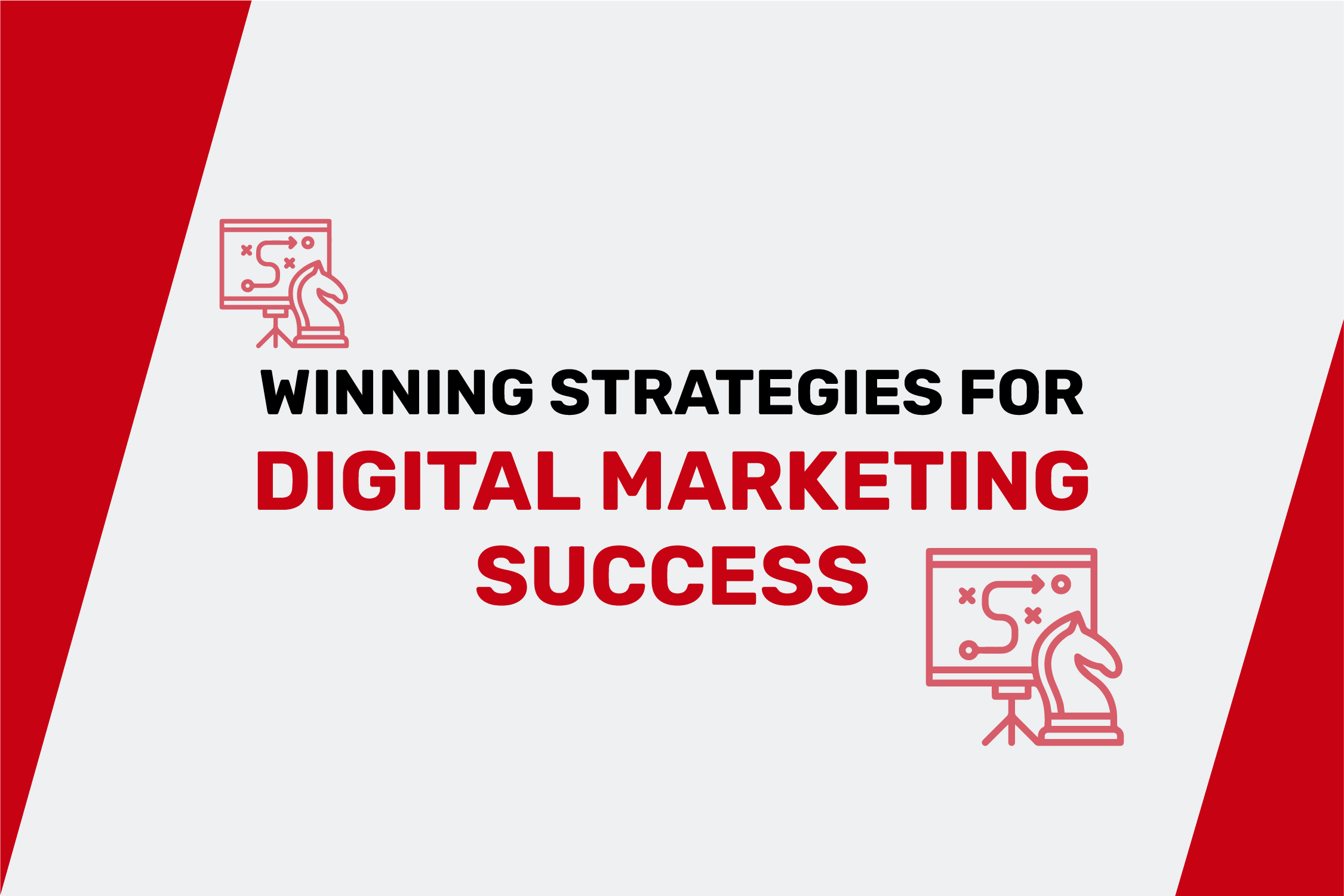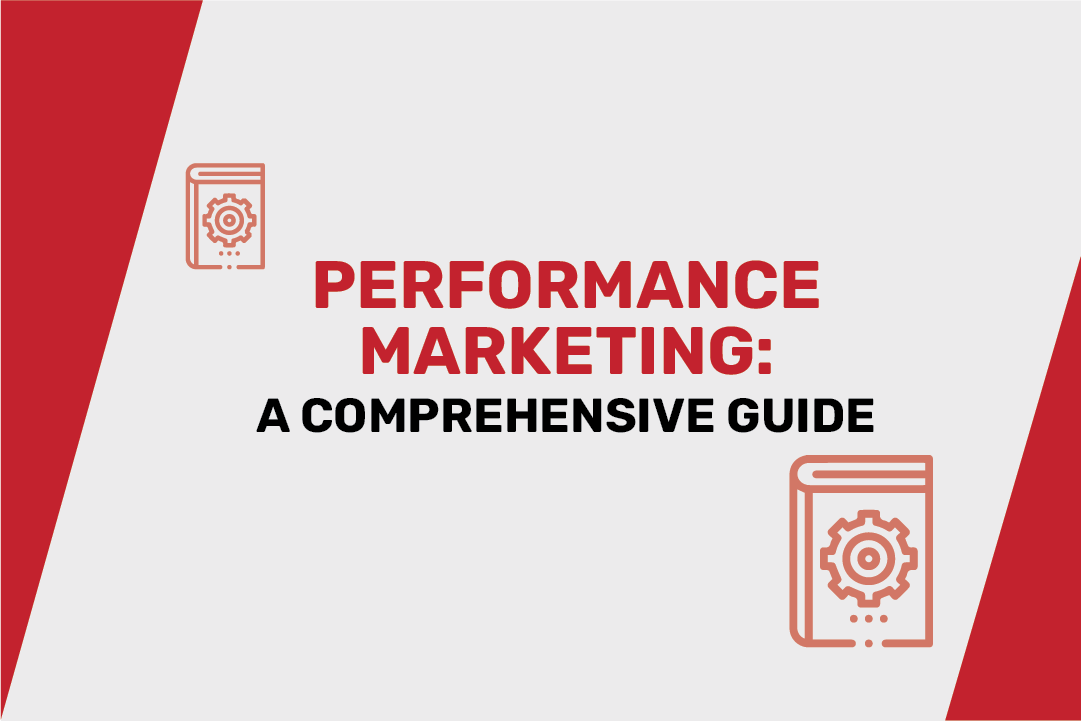|
Getting your Trinity Audio player ready...
|
If you are a marketer, you have probably heard of the term “growth marketing” in recent years. But what exactly is growth marketing, and how is it different from traditional marketing? In this blog, we will explain the concept of growth marketing, its benefits, and how you can apply it to your business.
What is Growth Marketing?
Growth marketing is a data-driven and experimental approach to marketing that focuses on the entire customer journey, from awareness to advocacy. Growth marketing aims to optimize every stage of the marketing funnel, not just the top, and use various channels and tactics to drive sustainable and scalable growth for the business.
Growth marketing is often associated with startups, especially SaaS and tech companies, that need to grow their user base and revenue quickly and efficiently. However, growth marketing can also be applied to any business that wants to improve its customer retention, loyalty, and lifetime value.
How is Growth Marketing Different from Traditional Marketing?
Traditional marketing is the conventional way of marketing that relies on creating brand awareness and generating leads through outbound channels, such as TV, radio, print, billboards, etc. Traditional marketing is usually focused on the top of the funnel, and its success is measured by metrics such as impressions, clicks, and conversions.
Traditional marketing can be effective for building brand recognition and reaching a large audience, but it also has some limitations, such as:
- It can be expensive and hard to measure the return on investment (ROI).
- It can be intrusive and irrelevant to the audience, leading to low engagement and trust.
- It can be difficult to adapt to changing customer preferences and behaviors.
Growth marketing, on the other hand, is a more agile and innovative way of marketing that leverages inbound channels, such as social media, email, content, SEO, etc. Growth marketing is focused on the entire funnel, and its success is measured by metrics such as acquisition, activation, retention, referral, and revenue.
Growth marketing can be more effective for driving growth and loyalty for the business, because:
- It can be cost-effective and easy to measure the ROI.
- It can be personalized and relevant to the audience, leading to high engagement and trust.
- It can be flexible and responsive to changing customer needs and feedback.
What are the Benefits of Growth Marketing?
Growth marketing can offer many benefits for your business, such as:
- Increased customer acquisition: Growth marketing can help you attract more qualified leads and customers through various channels and strategies, such as viral loops, referral programs, landing pages, etc.
- Improved customer retention: Growth marketing can help you retain and delight your existing customers through various tactics, such as email marketing, loyalty programs, customer service, etc.
- Enhanced customer advocacy: Growth marketing can help you turn your customers into brand advocates who promote your business to their networks, through various incentives, such as reviews, testimonials, referrals, etc.
- Boosted customer lifetime value: Growth marketing can help you increase the value of each customer over time, by upselling, cross-selling, bundling, etc.
How to Apply Growth Marketing to Your Business?
If you want to implement growth marketing to your business, here are some steps you can follow:
- Define your growth goals and metrics: You need to have a clear vision of what you want to achieve and how you will measure your progress and success.
- Analyze your customer data and feedback: You need to understand who your customers are, what they want, and how they behave, by using tools such as surveys, analytics, CRM, etc.
- Identify your growth opportunities and challenges: You need to find out where you can improve and where you are facing problems, by using frameworks such as SWOT, PESTEL, etc.
- Experiment with different growth strategies and tactics: You need to test and validate your assumptions and hypotheses, by using methods such as A/B testing, MVP, etc.
- Optimize and scale your growth efforts: You need to measure and analyze your results, and iterate and improve your processes, by using tools such as dashboards, reports, etc.
Conclusion
Growth marketing is a modern and effective way of marketing that can help you grow your business faster and better. Growth marketing differs from traditional marketing in that it focuses on the entire customer journey, not just the top of the funnel, and uses data and experimentation to drive growth. Growth marketing can offer many benefits for your business, such as increased customer acquisition, retention, advocacy, and lifetime value. To apply growth marketing to your business, you need to define your goals and metrics, analyze your customer data and feedback, identify your opportunities and challenges, experiment with different strategies and tactics, and optimize and scale your efforts.





